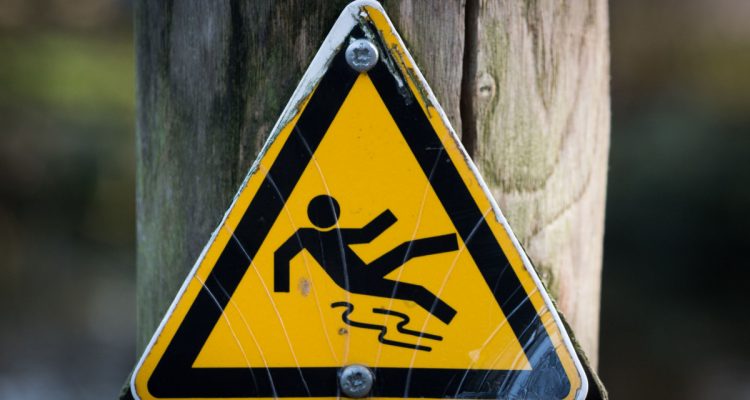When an injury is caused by someone and they fail to provide the proper level of care or cause a “breach” of care, a legal wrong is committed — this is known as negligence. Upon the establishment of a breach, the final step in providing proof of negligence is to demonstrate that a party suffered actual injuries or where placed in a dangerous situation that resulted from this breach. The primary principles of the law of negligence are:
- The personal injury resulted in a demonstrable monetary loss
- The breach of care must be the primary cause of an injury
- The duty of care must be proven that a breach occurred.
- The duty of care must actually exist
HOW IS NEGLIGENCE PROVEN?
To win a negligence case, the burden of proof falls upon the injured party (or plaintiff). Four elements must be proven to demonstrate the defendant (or the individual alleged to be at fault) acted negligently:
- Damages — The defendant’s actions resulted in the plaintiff being injured or harmed.
- Causation — Injury to the plaintiff were caused by the defendant’s action (or in some cases, their inaction).
- Breach — By failing to act in a certain way, the defendant breached legal duty.
- Duty — The defendant takes reasonable precautions to provide protection to the plaintiff (or injured party).
If any of these four elements cannot be established, claim compensation for injuries in the form of lost wages, medical bills or the replacement of property or other damages may not occur.

GROSS NEGLIGENCE
Gross negligence is the reckless disregard of the safety of a person’s property, rights or life. Unlike negligence, which relates to the failure to offer a sufficient level of caution or care, gross negligence is higher in the severity of indifference or disregard. One of the key elements in gross negligence for the plaintiff is proving the defendant blatantly disregarded a legal duty of care.
Because gross negligence cases are more complicated in nature, an experienced personal injury lawyer will be able to properly research and assess the level of negligence. If there is sufficient evidence to support the claim, it is important to file a personal injury lawsuit within the allotted time and prevent the case from being pursued in the court.


